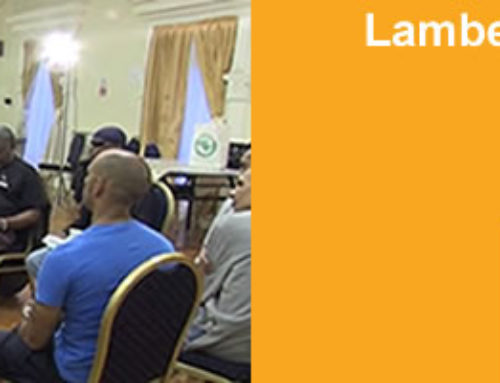Question
We are a group of lone mothers who have been meeting informally for a year. We now have a growing number of members and feel it is time to become a charity. What do we have to do and be prepared for?
Answer
Becoming a charity must not be taken lightly because there are several responsibilities attached to this move. Most new organisations think that they will automatically have access to funding because they turn themselves into a charity. That is not always the case, in the same vein, there are several associations that are able to raise funding despite not being a registered charity. Being a charity however helps though there are ways around this. What is important however is what you are engaged in and why you want to be a charity.
Charitable aims
The aims of your organisation must be charitable and if the aims of your organisation fall under one of the following headings, then you are eligible.
- The relief of poverty
- The advancement of education for public benefit
- The advancement of religion for public benefit and
- Other purposes beneficial to the community
Benefits
If your gross annual income falls under £1,000, then there is no need for you to register. You are also restricted form engaging in political and commercial or trading activities.
The real benefits of being a charity are:
- Recognition as a trustworthy organisation because you are now under the scrutiny of the Charity Commissioners
- Rate relief from premises – mandatory 80% and a further 20% discretionary if you apply a year in advance
- You pay no taxes and can claim tax benefits on gifts covenants and donations and endowments made tot you
- You can raise funding from trusts who only donate to registered charities.
In cases where a trust has agreed to give you money because they like your aims but you are not a registered charity they may agree for the donation to be passed through the books of another organisation.
Constitution
You will need a governing document for your organisation and to start taking issues of governance very seriously. Most of us recognise this governing document as the constitution. There are model constitutions that are available from the Charity Commissioner or you may get some assistance from your local Council for Voluntary Service. Most constitutions have certain elements that include:
- Aims and objectives- what you do and who are the beneficiaries
- Geographical area of benefit – local, regional or national
- Powers – what you can do and not do
- Membership – eligibility, dues and subscriptions. Remember issues of equal opportunity
- Meetings – when and how these are held, remember Annual General Meeting
- Management committee – who is eligible, how they are appointed, how many and for how long and any sub-committees
- Finance – rules for managing and retaining money, who signs cheques and limits
- Constitutional amendments – rules and procedures for changing constitution
- Indemnity clauses – protection of management committee against spending their own money
- Dissolution – how to wind down the organisation
Trustee responsibilities
Members of the management committee are the trustees of the organisation and they have the ultimate responsibility for the smooth running of the organisation. There are three main issues involved in being a trustee:
- Volunteer- you volunteer your time to help the organisation for no remuneration. You must be committed and devoted to the aims of the organisation and must find the time to attend all meetings. You must not look at the time you spend on the management committee as something that needs to be rewarded.
- Manager – you are there to ensure that the organisation is run very well, that involves helping to set the vision for the organisation, contributing in the decision making of the organisation, employment of staff, seeking sources of finance and ensuring that you have enough information about the organisation so that you are able to promote its interests.
- Legal role –you are there to ensure that all the rules of the organisation are obeyed, you take due care in decision making and that all requirements from the Charity Commissioners, and other agencies that you work with are obeyed.
While it is desirable for small organisations to seek charitable status because of the legitimacy it brings there are added responsibilities that the organisation must fulfil. This includes:
- Insuring that there are adequate control systems in place for the management of funding.
- The need to prepare accounts on a yearly basis according to the requirements
- Having an independent examiner or auditor to verify your accounts
- Providing annual returns to the charitable commissioners.
If you are a small organisation this may add an extra strain on your management and responsibilities but there is help available at the local Council for Voluntary Organisation in your area. You can also contact Project Fullemploy, a national organisation that helps small ethnic minority voluntary sector organisations to develop.
Ade Sawyerr is a partner of Equinox Consulting, a management consultancy that provides consultancy, training, and research and focuses on the management support needs of the black voluntary sector.






[…] equinoxconsulting.net/charitable-sta… 17 minutes ago […]